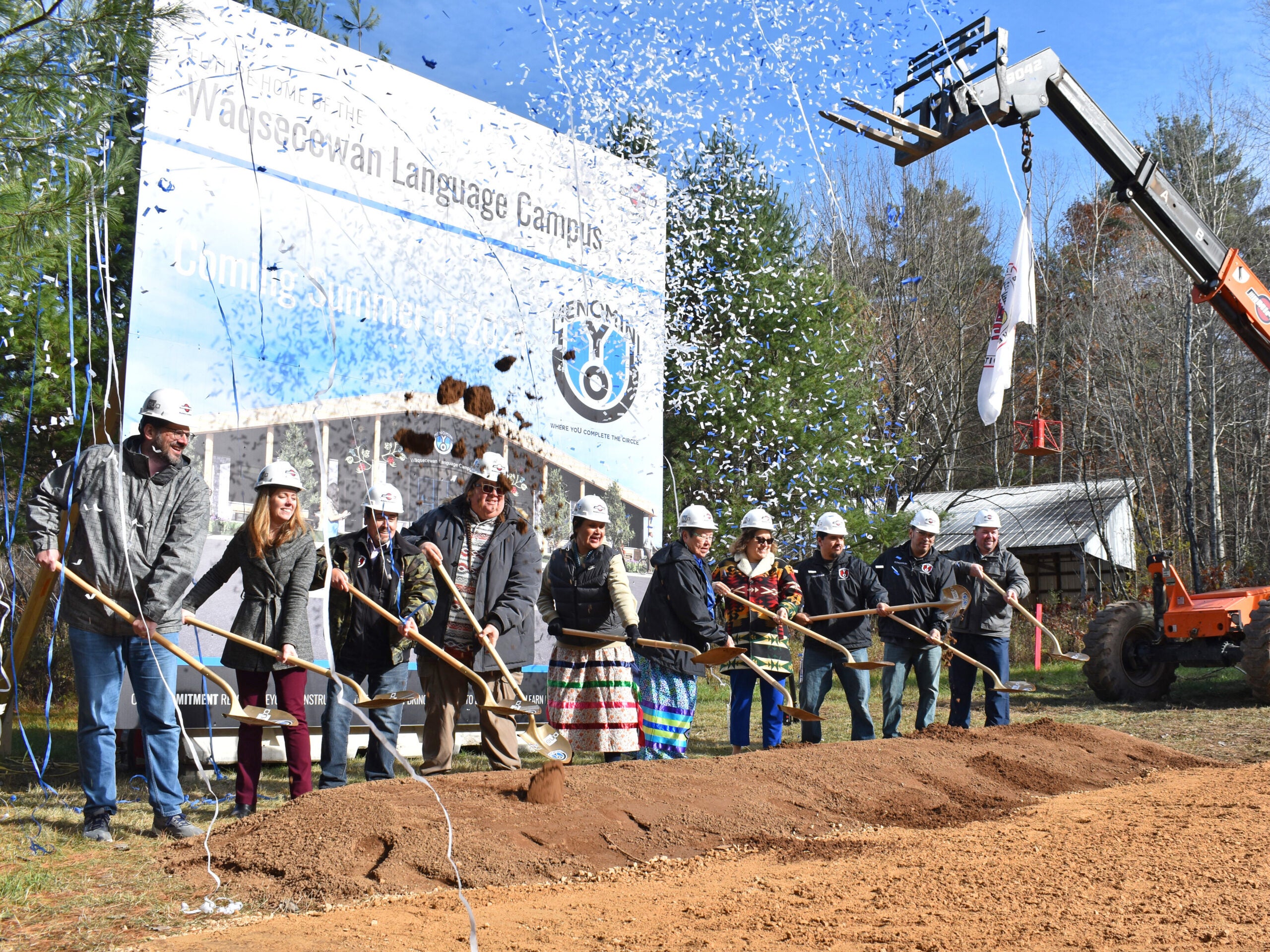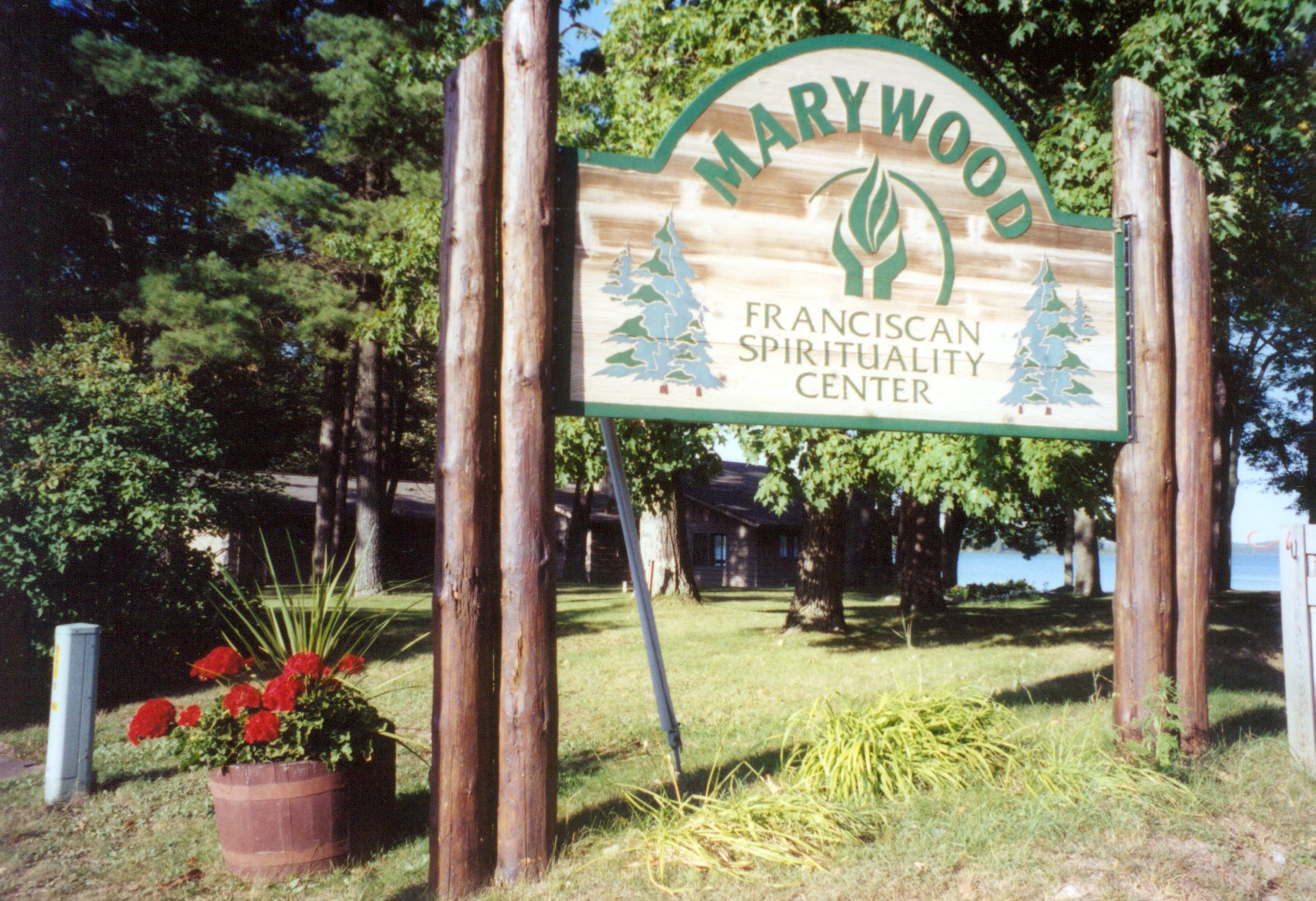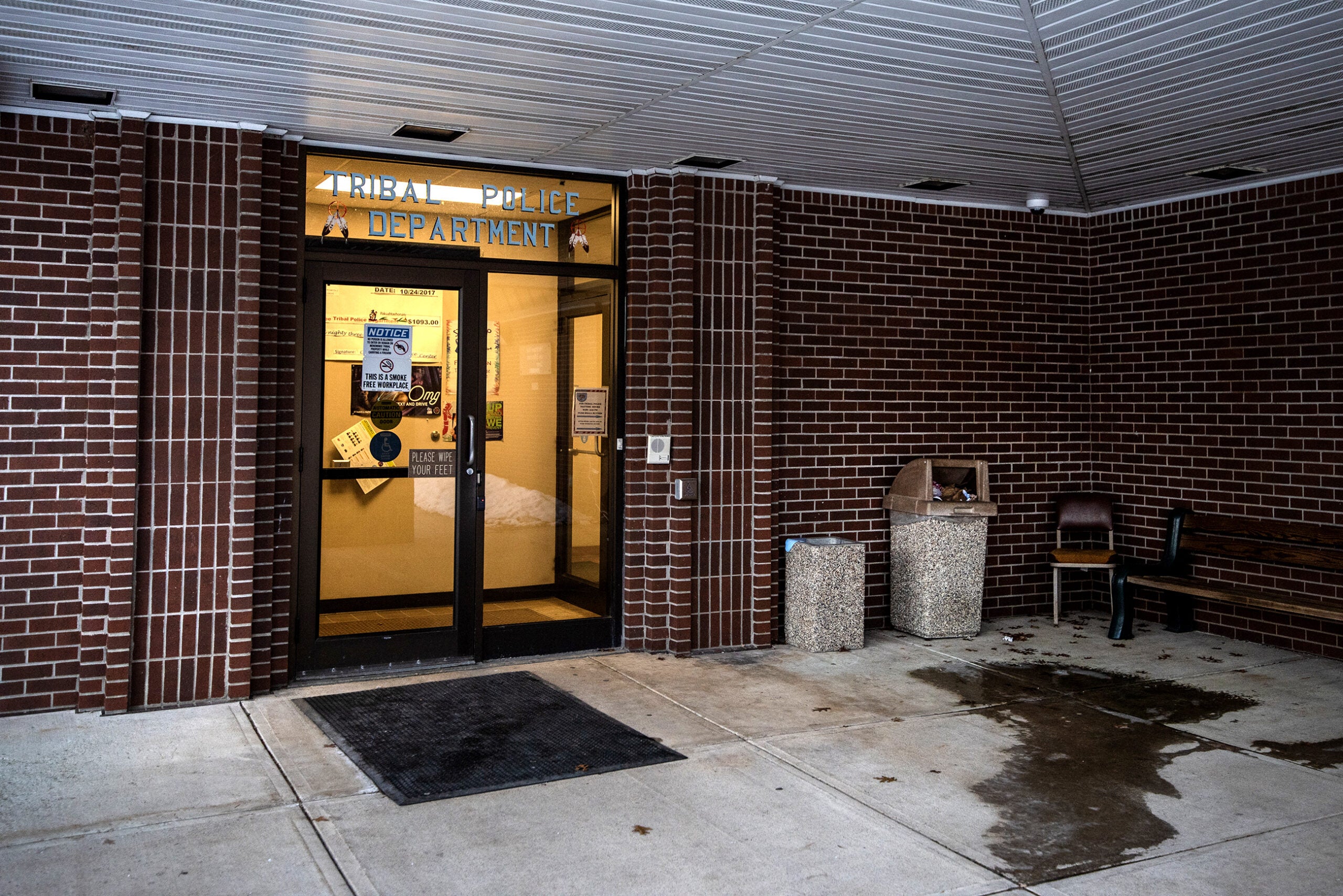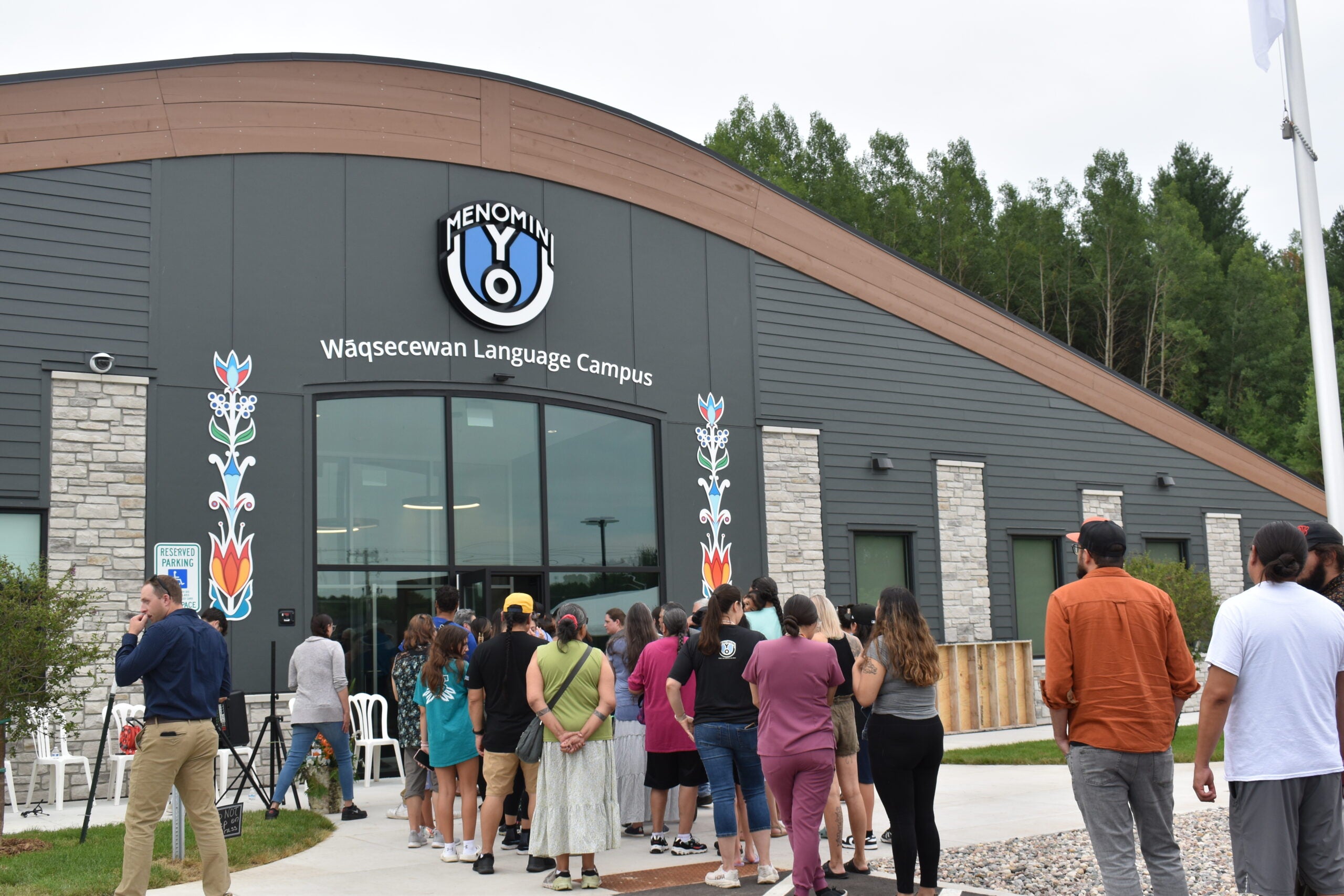An effort that began with online courses early in the COVID-19 pandemic to teach the Menominee Indian Tribe of Wisconsin’s native language took a major step forward Thursday with the groundbreaking on a 10,000-square-foot language center.
Construction on the new facility, aimed at helping renormalize the Menominee language, is projected to be completed next summer. The Wāsecewan Language Campus will provide expanded office space, multiple classrooms, meeting and event rooms, a kitchen and outdoor cultural activity space.
The effort is being led by Menomini yoU, a local nonprofit that formed in 2020 to help revitalize the tribe’s endangered language.
News with a little more humanity
WPR’s “Wisconsin Today” newsletter keeps you connected to the state you love without feeling overwhelmed. No paywall. No agenda. No corporate filter.
Joey Awonohopay, director of the Menominee Language and Culture Commission, said the Menominee, like many other tribes, faced institutional efforts to stamp out their language and culture in the late 1800s and early 1900s.
“The United States government and the Catholic Church set out to assimilate us,” he said. “And the best way they could assimilate us into a Western society is to break the people, take their language, take their culture, their traditions, their ceremonies and make them live, talk, think and speak, like the person they want them to be.”
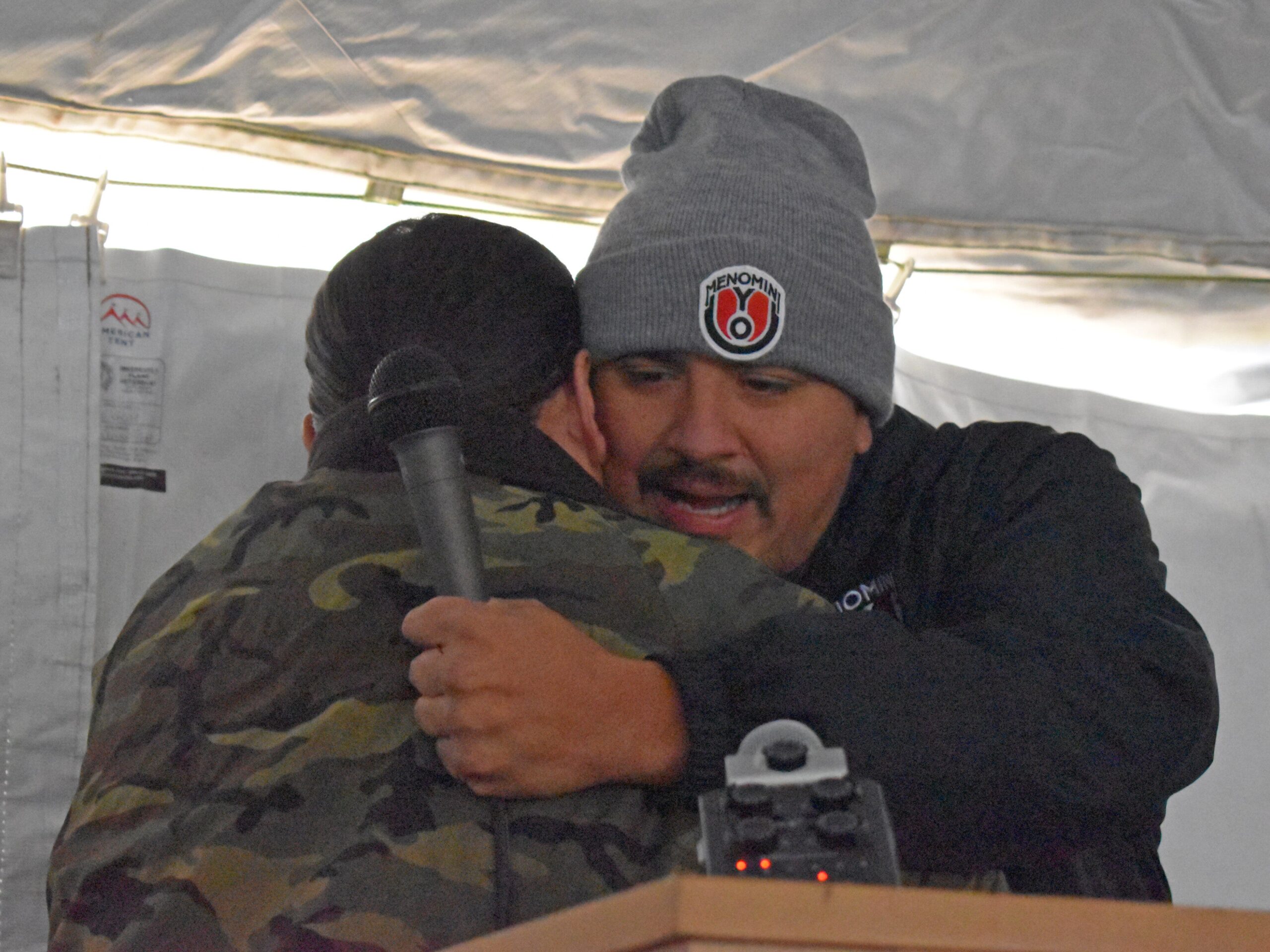
Those efforts would have led to the language going extinct, if not for the efforts of tribal elders who helped preserve their language and culture, Awonohopay said.
By the 1970s, he said the Menominee were finally able to speak their language in public again without being shunned. But by then, the damage was done. Only around 10 percent of the tribe’s membership was still able to speak the language, Awonohopay said.
“From the late ’70s, to present, there have been huge endeavors, projects, programs, put forth by the tribe to revitalize the language,” he said. “Now, we’re shifting out of the preservation, and we’re moving through the revitalization, and we’re edging into the renormalization of our language.”
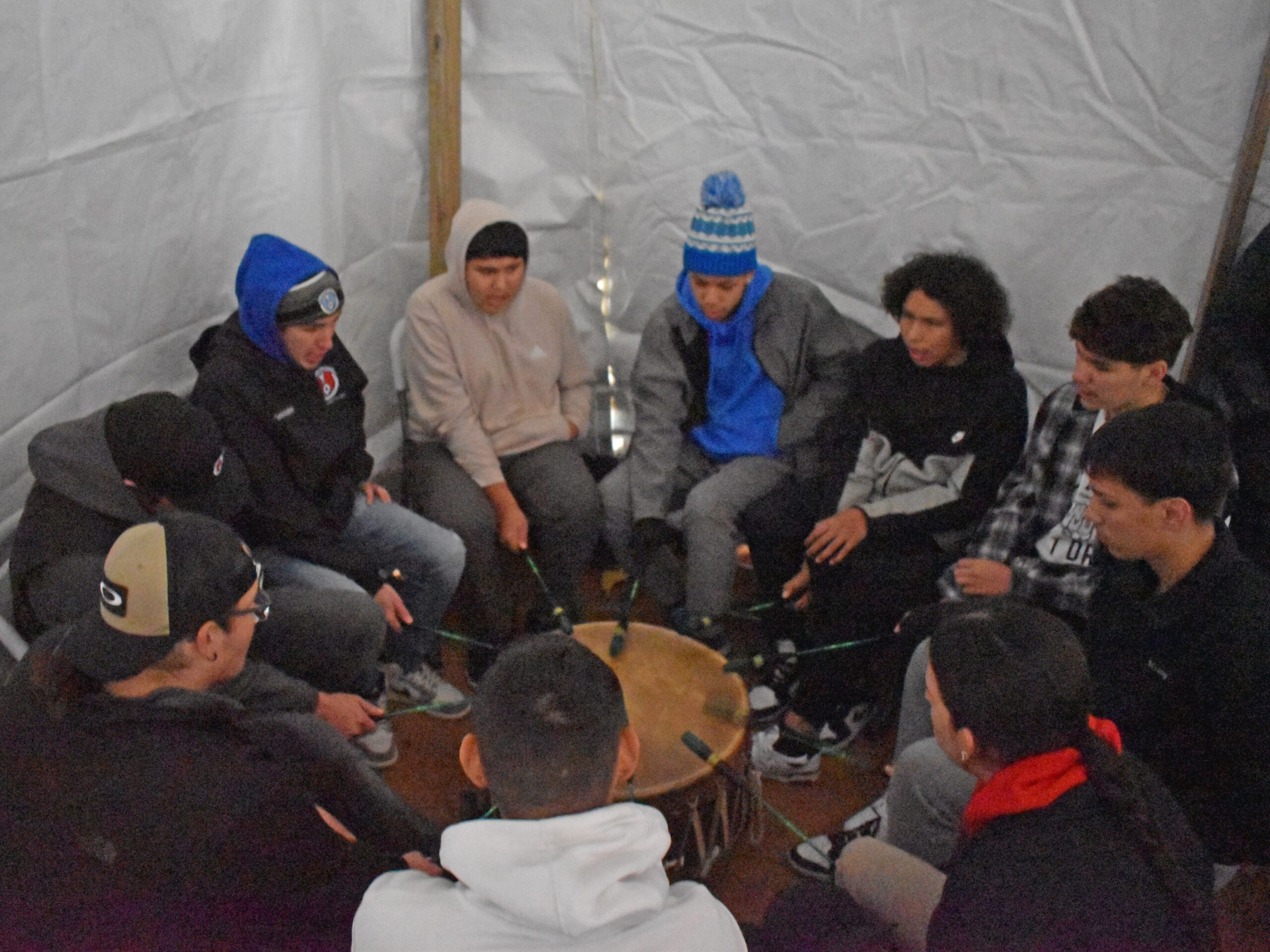
Then, during the early days of the pandemic, Menomini yoU co-founders Ron Corn Jr. and Burton Warrington had an idea. They launched an online course to teach the tribe’s native language and had nearly 250 people sign up, Warrington said.
“We said, ‘Well, what would our ancestors do?’ And we said, ‘Well, maybe it’s time to teach,’” Warrington said. “People were isolated and people weren’t getting around each other a lot, so we tried to (help) this community to still make a connection.”
The class was a hit, and their efforts to revitalize the language continued. They offered another online class in 2022, and another roughly 250 people signed up, Warrington said.
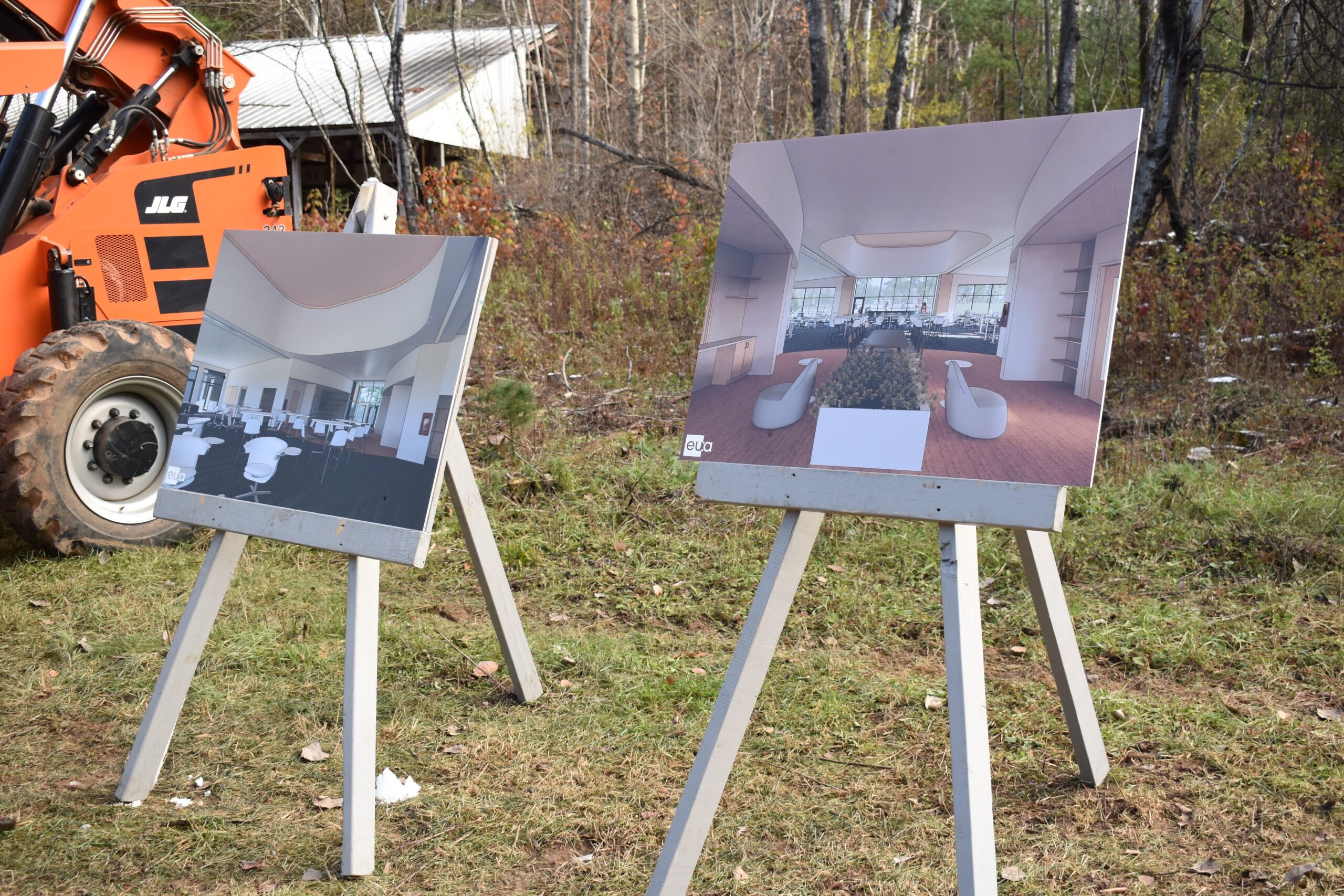
That same year, Menomini yoU acquired 3.5 acres of land on the Menominee reservation with the plan of building a facility to support the growing organization and community demand to renormalize their language.
Warrington said the center aims to become an immersive campus that can host community activities and cultural events, and become a space where people can hear, speak and learn the language.
“It’s gonna be a place where our language is gonna be the default language used,” he said. “We don’t want it to just be here, we want that to then reverberate out into the community. It’s not the solution itself. It’s a part of a much bigger community plan.”
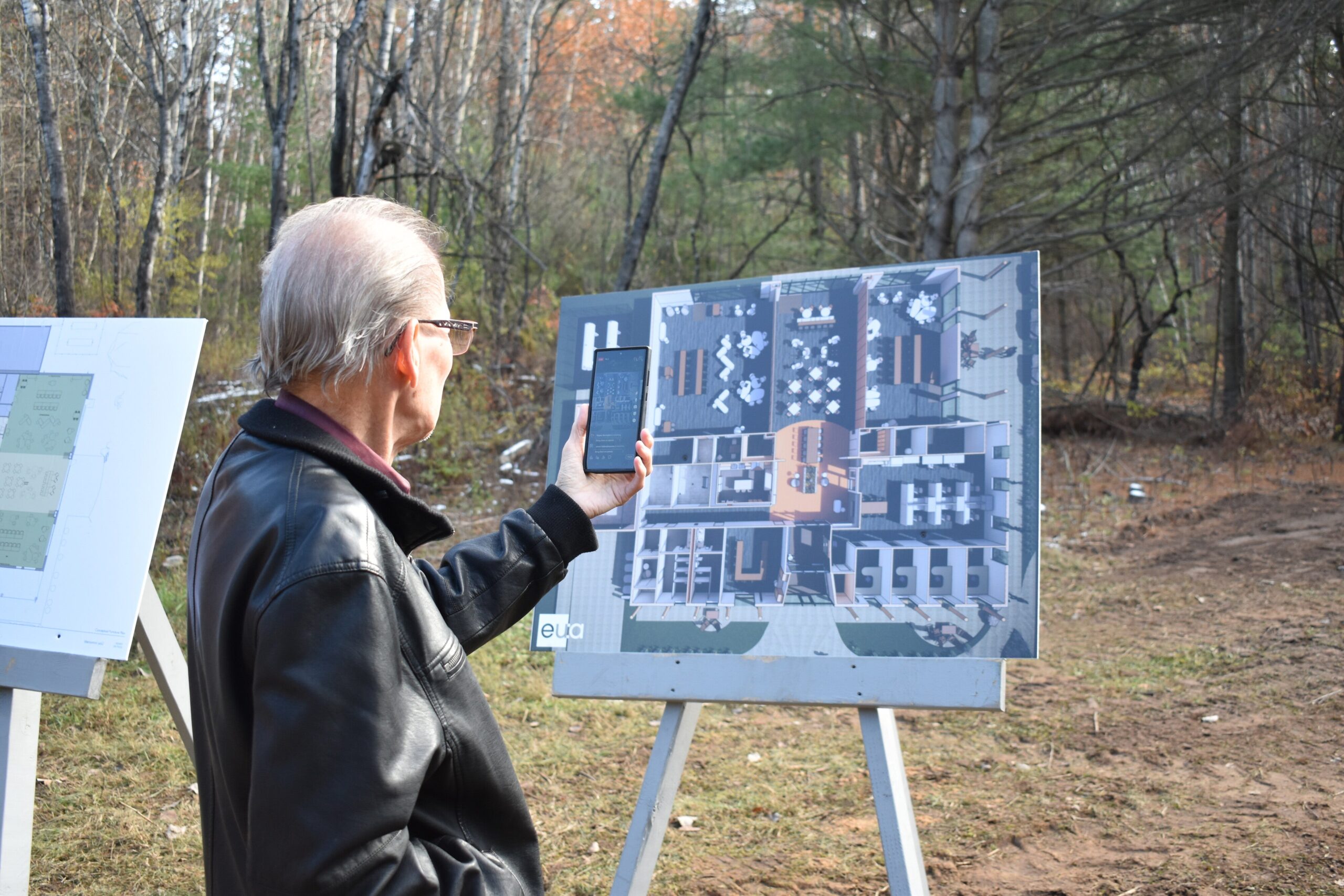
Corn said the end goal is to teach the language to the point where it no longer needs to be taught because community members will know it and use it in their daily lives.
Awonohopay added that Thursday’s groundbreaking was another step in the tribe’s efforts to turn the tide in normalizing their language once again.
“Our language deserves to live openly and freely, not only in our classrooms, not only in our immersion school, but in the stores, in the banks, in the casino, in the gas stations,” he said. “Everywhere we go, our language has that birthright to be spoken and to be heard by our children and our people.”
Wisconsin Public Radio, © Copyright 2026, Board of Regents of the University of Wisconsin System and Wisconsin Educational Communications Board.

